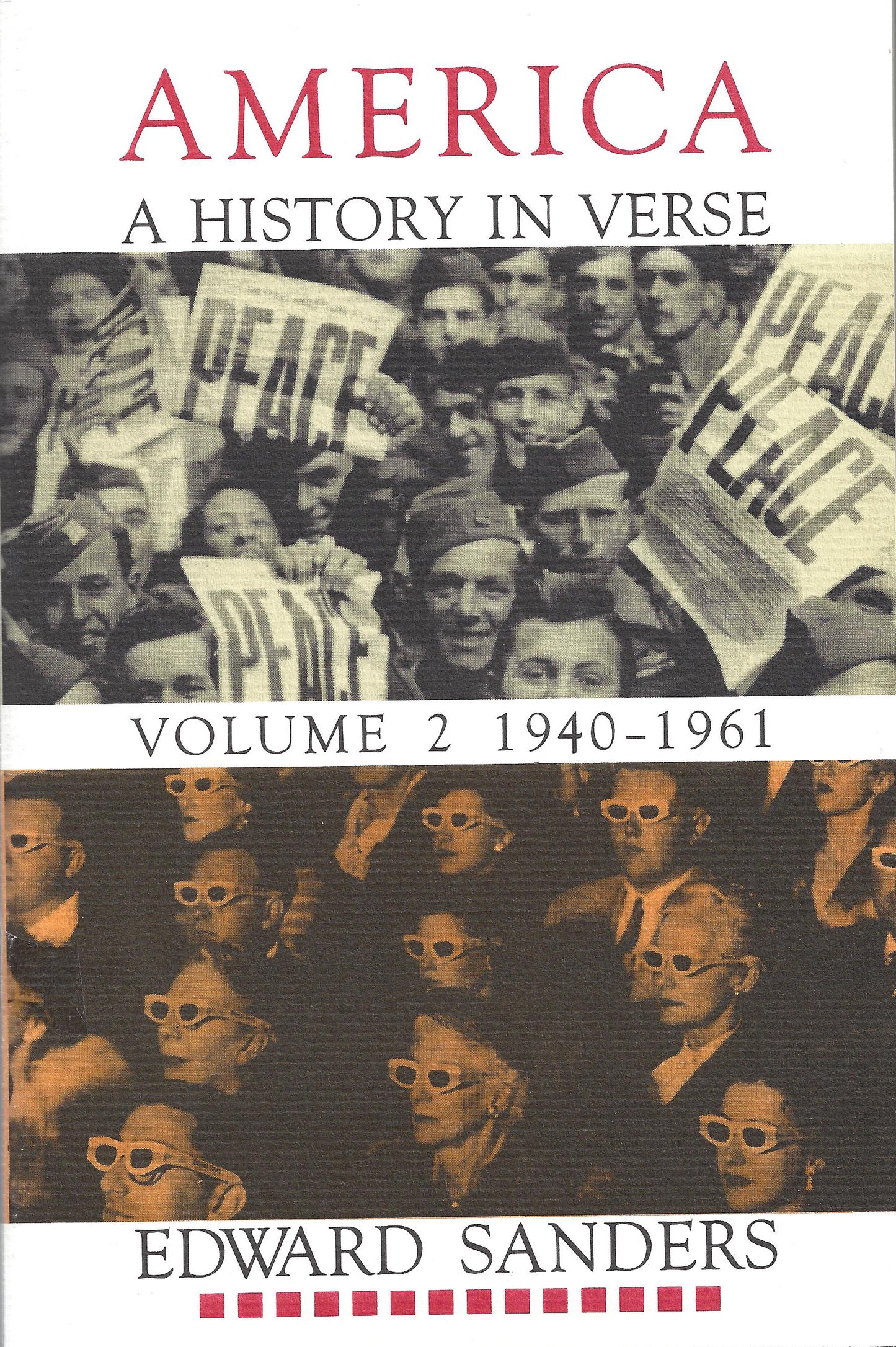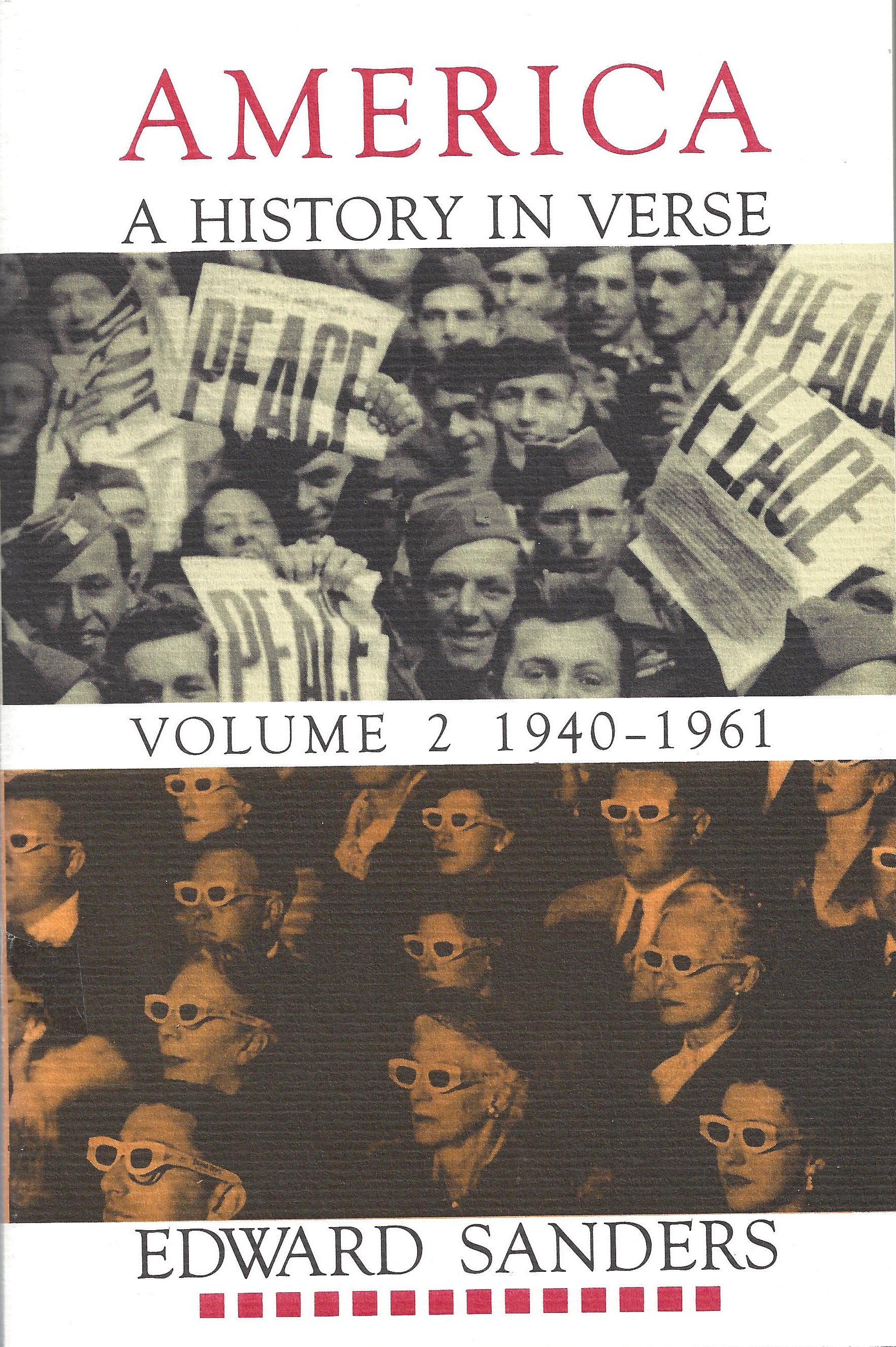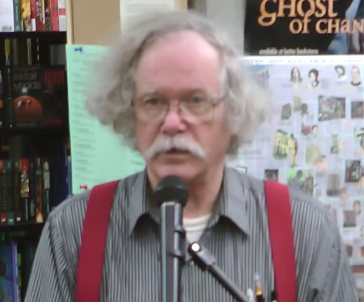
“Seething Nation! Vast & Flowing! Day & Night & Dawn!” Bold, sweeping, investigative, rhapsodic, hilarious, heart-rendering, thought-provoking, Edward Sanders’ three-volume, America: A History in Verse uniquely and brilliantly tells “the story of America...a million stranded fabric / woven by billions of hands & minds.” It is by turns angry, wistful, defiant and extremely funny re-inventions of historical and biographical worlds, a highly original mix of chronicle, anecdote, document, reportage, paean and polemic.
Volume 2 1940-1961 begins and ends with America on the brink of a war and great changes—in 1940 “with greed & evil / somewhat in check / when compared to Europe,” and in 1961, “at the beginning of a decade / that revealed the best & the worst / of a great nation.” Sanders’ reinventions of past worlds offer a moving masque of time constructed out of multiple narrative aspects and tones, skillfully and variously implemented by a poetic style of compacted history.
Also Available: America: A History in Verse, Volume 1 & America: A History in Verse, Volume 3

